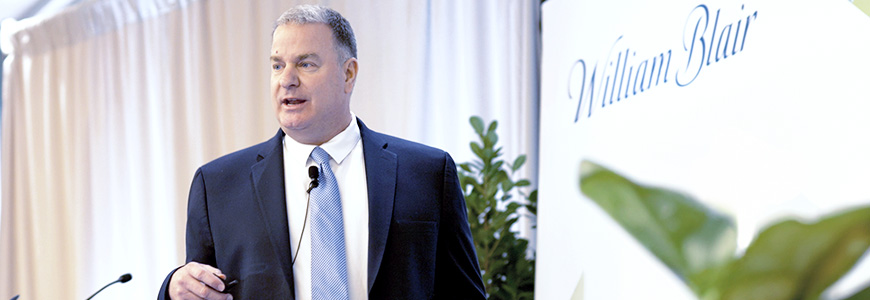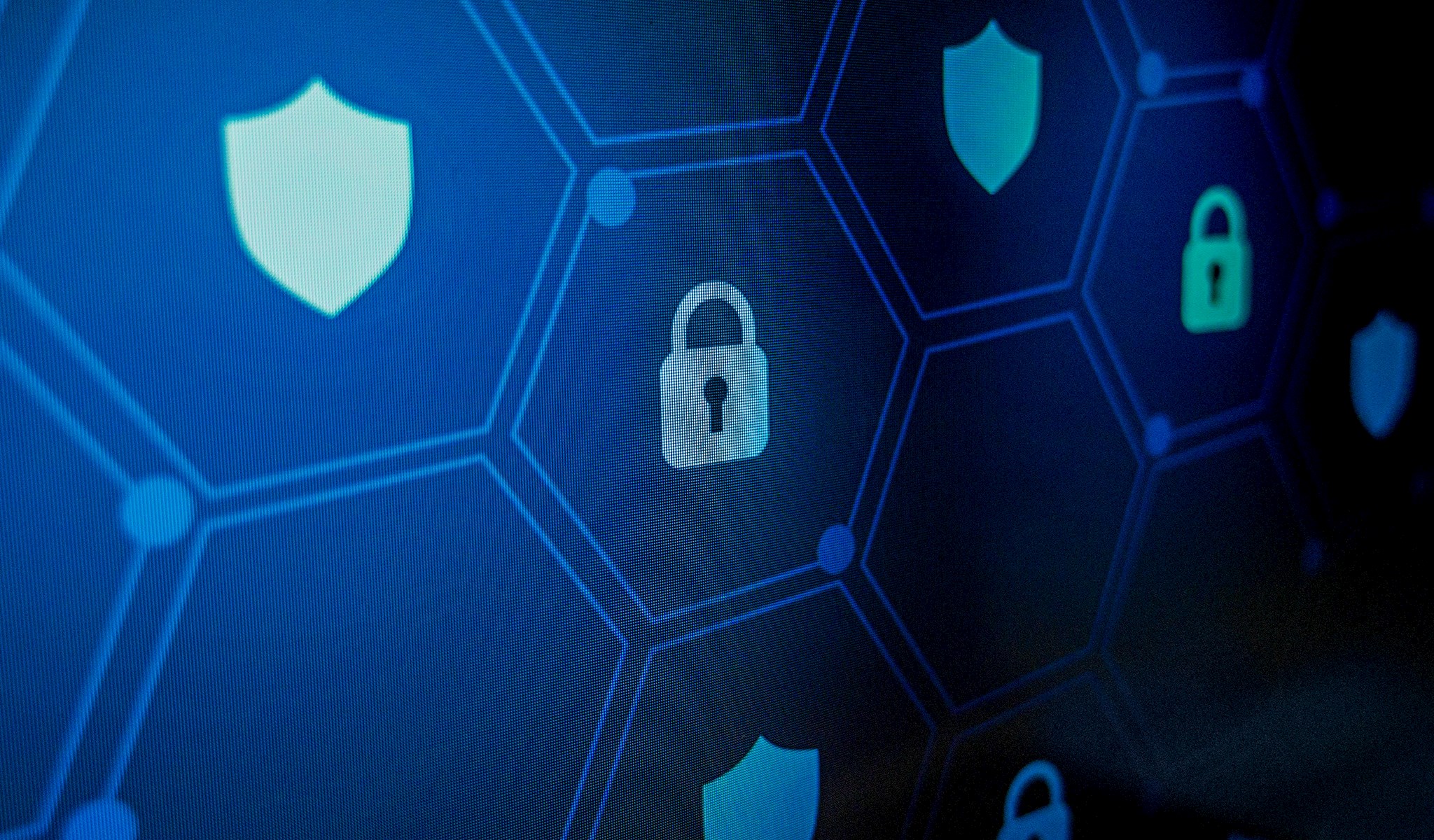As our world becomes more interconnected, William Blair clients are increasingly asking for guidance on personal safety and security for themselves, their families, and their businesses. Understanding global affairs and geopolitical risks—and their impact—is crucial for making informed, strategic decisions.
Global Guardian, a comprehensive global security company, protects employees and families worldwide from political, environmental, cybersecurity, and reputational threats.
CEO and Founder Dale Buckner has 24 years of service with the U.S. Army and extensive intelligence, counterterrorism, and special operations experience. He provides an in-depth look at today’s emerging threats and security challenges impacting families and business owners.

In his work with families and family offices across the U.S., Buckner develops strategies to anticipate and prepare for the challenges families and businesses most commonly face:
- Travel and physical security
- Cybersecurity
- Reputation and privacy
- Insider threat and employment risk
- Investment and financial risk
Expect the Unexpected
Buckner specifically addresses the speed and rapid evolution of both international and domestic security events, ranging from war zones to extreme weather to drug violence to political upheaval and protest, all of which directly affect families and their businesses’ personnel and infrastructure.
Most recently, Global Guardian evacuated over 400 people via ground and helicopter options from a corporate event in Asheville, North Carolina, when Hurricane Helene unexpectedly hit in September. The organization also sent 70 tons of food, water, and medical supplies to the area.
The pace of change is nothing like Buckner has ever seen. He describes how we can now expect to experience two to seven major global disruptive events a year. Ten years from now, however, it could be 10, 12, or 15 events a year.
“The frequency of these events just comes faster, faster, and faster,” Buckner says. “You have to anticipate that something material will break loose in the next 10-15 months somewhere in the globe—whether it’s an existing conflict or something new. It’s inevitable.”
While people may believe they are immune from such disturbance, Buckner states that the higher frequency of disruptive events gives a more likely chance of finding oneself in an unsecure situation. Further, he notes that insurance often has restrictions on coverage for such scenarios, so it’s essential to prepare for the unexpected by having plans outside of insurance in place.
How to Be Secure in Your Digital World
Globally, cyber losses are now estimated at $9.22 trillion a year. By 2028, they’re estimated to skyrocket to $14 trillion. If cyber losses were measured as a gross domestic product (GDP), they would be the third largest GDP in the world behind China ($17 trillion) and the U.S. ($25 trillion). Buckner cites a recent survey of family offices. 86% of respondents expressed confidence in their resilience to reputational threats, yet 38% do not have a cybersecurity plan in place, 42% have never audited their publicly available data, and 66% have never corrected or removed public data relating to the family or business.
There’s a massive disconnect on how secure you feel in your digital world. If a threat comes in, it should be isolated and evaluated.
DALE BUCKNER, Global Guardian CEO and Founder
While many people believe a cyberattack may not happen to them, Buckner explains that it’s easier than ever for someone to find out information about you and your family. From tail numbers on jets to boat licenses to the dark web, gathering sensitive information can take as little as 10 minutes for skilled hackers.
“There’s a massive disconnect on how secure you feel in your digital world,” Buckner says. “If a threat comes in, it should be isolated and evaluated. You should be able to wipe your phone and laptop clean in about one minute and 15 seconds.”
He offers five best cybersecurity practices:
- Establish a robust cybersecurity policy
- Secure your devices and software connections
- Employ a people-centric security approach
- Control access to sensitive data
- Manage passwords wisely
Making a Plan to Protect Yourself
Buckner suggests actively reviewing strategies to meet the threats outlined above. To him, it’s all about asking questions about how safety systems work, creating a plan, and having “brilliance in the basics” to work through dangerous situations.



